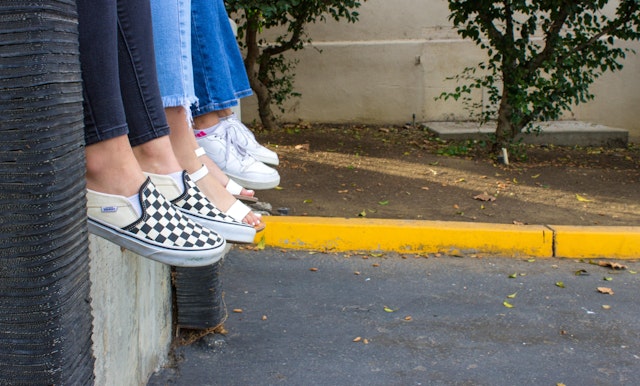The scale of the issue
An incredible 160 million children aged between 5 and 17 are engaged in child labour. This is the sort of statistic that feels impossible to process. Each one of these children is an individual, made in the image of God, with a unique personality, skills, and aspirations. Yet when you read a figure like 160 million or 13 million teenage girls experiencing forced sex, it is easier to hold these individuals at a distance and view them as an anonymous group rather than allow your heart and mind to grasp the awful reality that they are people, just like yourself, with hopes and dreams and potential that will never be realised.
The key driver behind child labour is poverty – children are sent out to work and deprived of an education, keeping them in the cycle of poverty and exploitation. It is estimated that children who have to work instead of going to school increase their likelihood of being poor in later life by as much as 30 per cent. That’s why education and empowering children and families to know their rights is a key tool in fighting child labour.
Child labour is concentrated in the world’s poorest countries or fragile contexts where there is insecurity or armed conflict. However, child labour is not confined to low-income countries - 1.6 million child labourers live in high-income countries. According to the ILO, 70 per cent of child labourers work in agriculture. The rest are trapped in factories, domestic service, the commercial sex trade or forced to work as child soldiers.
As well as child labour, children are often recruited and transported for the purpose of exploitation – this is called child trafficking. Many children are trafficked into the UK from overseas, but children can also be trafficked from one part of the UK to another. Traffickers use grooming techniques to gain the trust of a child, family or community. Child trafficking can involve a network of organised criminals, or individuals or even a child’s own family.
Some people might not be directly involved in trafficking a child but may play a part in other ways such as falsifying documents, bribery, owning or renting premises, or money laundering. Migrant and refugee children – many of whom have already been uprooted by conflict, disaster or poverty – are at high risk of being forced into work and trafficked, especially if they are migrating alone or taking irregular routes with their families.











